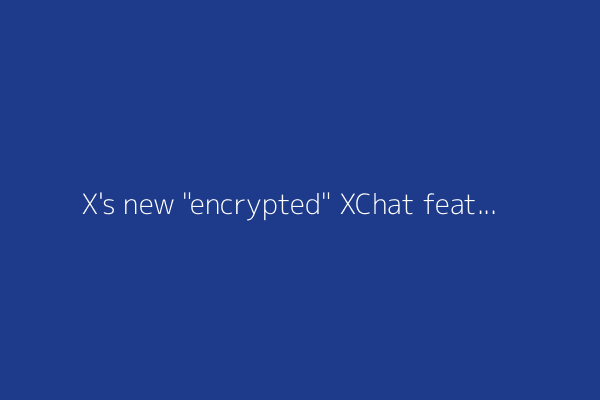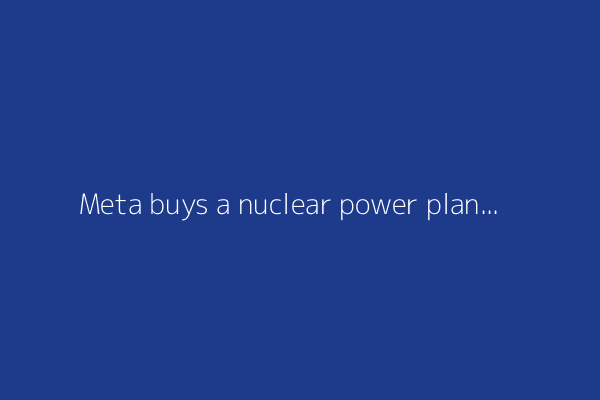Tech and healthcare face security risks as X's XChat encryption falls short, supply chains remain vulnerable, and cybercriminals exploit typos to spread malware—urging vigilance.
Why World Pulse Now?
Global Coverage
All major sources, one page
Emotional Lens
Feel the mood behind headlines
Trending Topics
Know what’s trending, globally
Read Less, Know More
Get summaries. Save time
Live Stats
7,436
134
211
2 hours ago
Mobile App
Get instant summaries, explore trending stories, and dive deeper into the headlines — all in one sleek, noise-free mobile experience.
Stay in the Loop
Get the latest news and insights delivered straight to your inbox
Why World Pulse Now?
Global Coverage
All major sources, one page
Emotional Lens
Feel the mood behind headlines
Trending Topics
Know what’s trending, globally
Read Less, Know More
Get summaries. Save time
Live Stats
7,436
134
211
2 hours ago
Mobile App
Get instant summaries, explore trending stories, and dive deeper into the headlines — all in one sleek, noise-free mobile experience.
Stay in the Loop
Get the latest news and insights delivered straight to your inbox


%20is%20hiring%20an%20en...)


